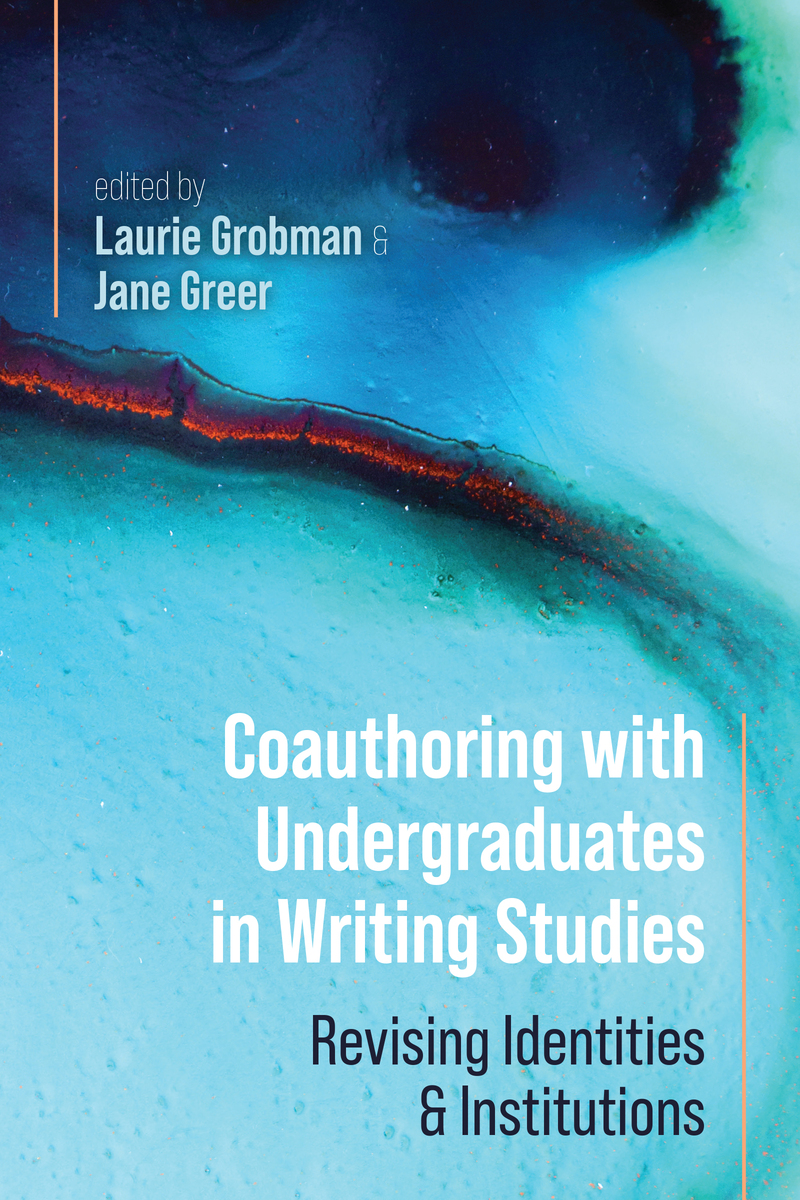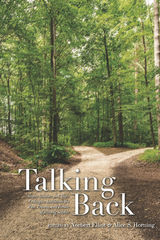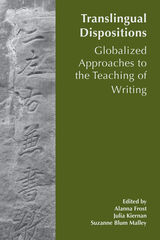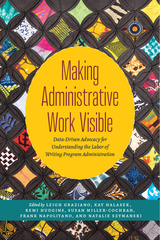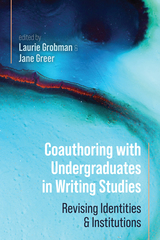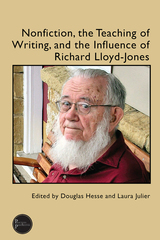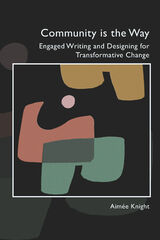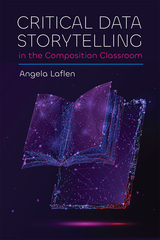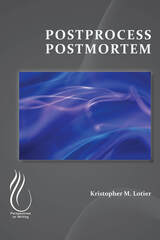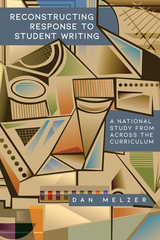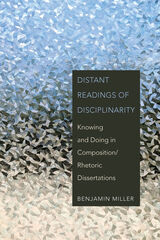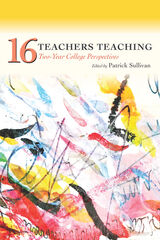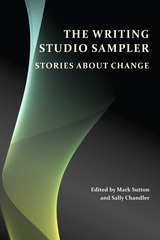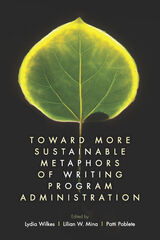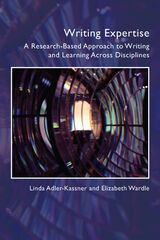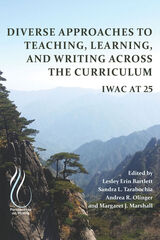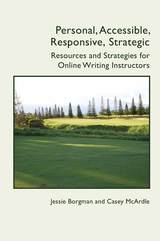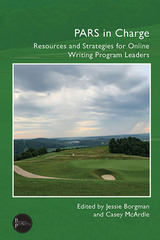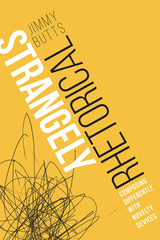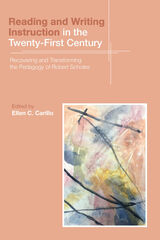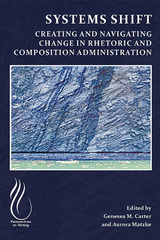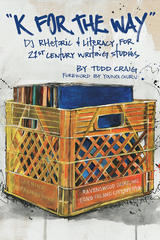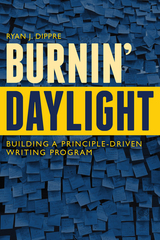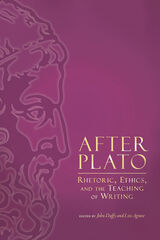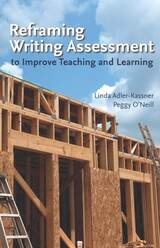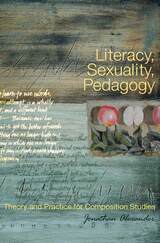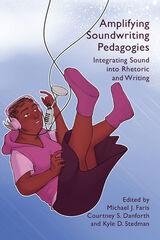Coauthoring with Undergraduates in Writing Studies: Revising Identities and Institutions
Utah State University Press, 2025
Cloth: 978-1-64642-777-2 | Paper: 978-1-64642-778-9 | eISBN: 978-1-64642-779-6
Library of Congress Classification PE1404
Dewey Decimal Classification 808.0420711
Cloth: 978-1-64642-777-2 | Paper: 978-1-64642-778-9 | eISBN: 978-1-64642-779-6
Library of Congress Classification PE1404
Dewey Decimal Classification 808.0420711
ABOUT THIS BOOK | AUTHOR BIOGRAPHY | REVIEWS
ABOUT THIS BOOK
Coauthoring with Undergraduates in Writing Studies focuses on the largely unnoticed and unexplored tradition of faculty/undergraduate publication in writing studies. Coauthoring makes new authorial identities and relationships available to both faculty and students and demonstrates promise as a way to increase access to meaningful research experiences for undergraduates from communities that historically have been underserved in higher education, creating more inclusive learning environments.
In this book, faculty and undergraduates describe and theorize about their coauthoring experiences within a variety of institutional contexts including land-grant universities, Historically Black Colleges and Universities, Hispanic-Serving Institutions, religiously affiliated research universities, and regional campuses of statewide higher education systems. They explore the relationships between undergraduates and faculty that lead to coauthoring opportunities in a range of courses—first-year writing classes, general educational requirements in various disciplines, and upper-level offerings for English majors—as well as in other institutional spaces such as writing centers, community engagement initiatives, and assessment offices. The collection offers models, ideas, and strategies for faculty and undergraduates for how to coauthor together while also preparing them for the challenges—pragmatic, intellectual, and ethical—that they may encounter.
Coauthoring with Undergraduates in Writing Studies showcases why and how coauthorship between faculty and undergraduates is a vital site for scholarly engagement, professional development, and socially just education. It boldly enacts rhetoric and composition’s commitment to collaborative scholarship and is significant for graduate students and faculty in rhetoric and writing studies, especially in community-engaged writing, undergraduate education, collaborative writing, and mentorship, as well as those interested in WAC, WID, and the scholarship of teaching and learning.
In this book, faculty and undergraduates describe and theorize about their coauthoring experiences within a variety of institutional contexts including land-grant universities, Historically Black Colleges and Universities, Hispanic-Serving Institutions, religiously affiliated research universities, and regional campuses of statewide higher education systems. They explore the relationships between undergraduates and faculty that lead to coauthoring opportunities in a range of courses—first-year writing classes, general educational requirements in various disciplines, and upper-level offerings for English majors—as well as in other institutional spaces such as writing centers, community engagement initiatives, and assessment offices. The collection offers models, ideas, and strategies for faculty and undergraduates for how to coauthor together while also preparing them for the challenges—pragmatic, intellectual, and ethical—that they may encounter.
Coauthoring with Undergraduates in Writing Studies showcases why and how coauthorship between faculty and undergraduates is a vital site for scholarly engagement, professional development, and socially just education. It boldly enacts rhetoric and composition’s commitment to collaborative scholarship and is significant for graduate students and faculty in rhetoric and writing studies, especially in community-engaged writing, undergraduate education, collaborative writing, and mentorship, as well as those interested in WAC, WID, and the scholarship of teaching and learning.
See other books on: Academic & Scholarly | Academic writing | Collaboration | Institutions | Writing Studies
See other titles from Utah State University Press
